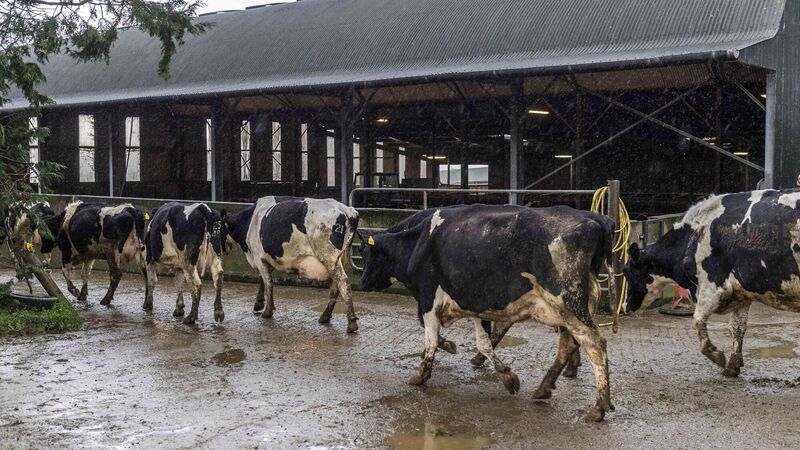Cows not 'amoozed' by livestock lockdown, research shows

A study by Irish researchers has shown that cows who suffered ‘livestock lockdown’ may have been damaged emotionally.
A study by Irish researchers has shown that cows who suffered ‘livestock lockdown’ may have been damaged emotionally.
Over the past year, humans have shown the psychological damage that lockdown can have on their wellbeing.










